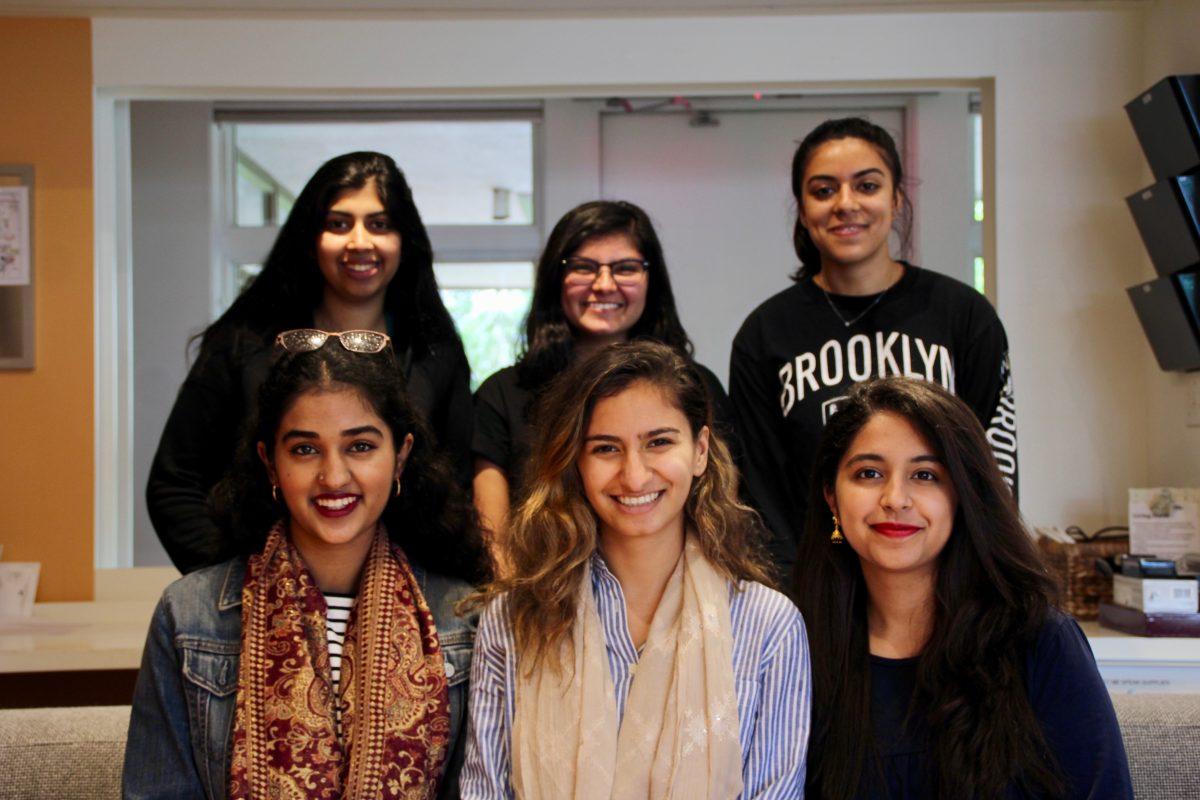Composed of a highly diverse student body, Wellesley College supports a variety of student-led cultural organizations on campus. One such group, the Pakistani Students Association (PSA), was recently created and seeks not only to cultivate community among students of Pakistani descent but also to provide an accurate portrayal of the country and its diverse culture.
According to Aliza Amin ’20, one of the co-founders and co-presidents, the organization was formed late last semester because many students felt its presence was needed on campus.
“A couple of us felt that there was a lack of Pakistani representation on campus that was not covered by other Wellesley organizations. As much as we do appreciate what these other organizations do for us, it was important to us that awareness about Pakistani culture and students of a Pakistani background were prioritized in an organization,” said Amin.
One of the main elements of the organization’s mission is to serve individuals who identify as students of Pakistani descent. Maryam Khan ’18, who assisted in creating this organization, elaborated that “as a co-founder, I knew cultivating community among those who share cultural ties to Pakistan and Pakistani culture was important.”
However, the organization’s main goals exceed simply fostering identity. Huzaifa Ejaz ’20, a co-president of PSA, explained that the organization also serves as a platform for sharing an accurate image of the country’s customs, languages and culture.
“‘Pakistan’ is a word that people will hear and perhaps not have many, if at all, cultural connotations with. What is the language like? What is the music like? What is the food like?” she said. “We felt not many individuals we encountered had specific information about that. There is a distinct Pakistani culture and heritage, and it ought to be represented as so. PSA felt like a platform for doing so. We envisioned it as not only a space for Pakistani students but a space from which we channeled the true representation of Pakistan to the campus.”
Amin agreed that the organization strives to promote awareness about Pakistan’s diversity and to dispel stereotypes and generalizations associated with the country.
“I think it’s important for others to realize that there is so much more to Pakistan than meets the eye. We’re not one homogeneous group of people that speak the same language or have the same beliefs or eat the same food. We’re not just a fraction of the Indian subcontinent that separated due to a religious divide and gets into fights with our neighbours,” she said. “We are different people who have different cultures and values as well as different conflicts and inner turmoils. This is a message that we don’t expect to get across right away, but hopefully we can try our best to set up our platform for the future.”
In addition to spreading awareness about Pakistan and its diversity, Ejaz also hopes to promote positive associations with the country.
“Wellesley needs a PSA because it represents the face of Pakistan we feel is left out in many conversations and media representations,” she said. “It’s easy to exclude this comment, but in my personal opinion and observation, not many people have many positive, if any at all, connotations with the word Pakistan. We need to address this. We want to address this. And Pakistani students have as much as any other cultural organization to bring to the table!”
Ejaz added that these aspects of PSA’s mission are what make her cherish her role as a co-president of PSA.
“Having the opportunity to represent Pakistan on campus is something that I not only greatly cherish but also am very grateful for,” she said. “We often hear talk of changing the world. I’ve been giving it some thought and I’d say it can be one world at a time—one person’s world at a time. If PSA can clarify to even one person on campus what Pakistani values, history and culture are or just take away from any negative connotations they might have—I’d say my mission as the president of PSA was accomplished.”
Thus far, Wellesley’s PSA has hosted several events, including a chai and movie night, a mixer at Boston University and a trip to the Harvard Pakistan Forum, where many distinguished Pakistani politicians, journalists and professors presented on panels.
In the future, PSA hopes to collaborate with similar groups at nearby institutions such as Harvard or Northeastern universities. The group also plans to co-host events with other South Asian cultural groups on campus such as South Asian Queers, Bangladeshi Students Association and Wellesley Association for South Asian Cultures.
Students who have actively participated in PSA’s events, particularly those who are from Pakistan, explained that the organization holds immense personal value to them. Amin, who was born in Punjab and lives in Lahore, described her involvement with PSA as a way for her to stay close to her home country, though she is now over 6,000 miles away from it.
“I don’t think there are words that can describe the amount of pride or love I have for my country, despite what I and others think of its policies,” she said. “[PSA] is a way for me to connect to fellow Pakistanis and to people who have a similar understanding of Pakistan. The passion I have for my home is something that I want to try and translate into a successful and lasting PSA that feels like home to many others besides me.”






